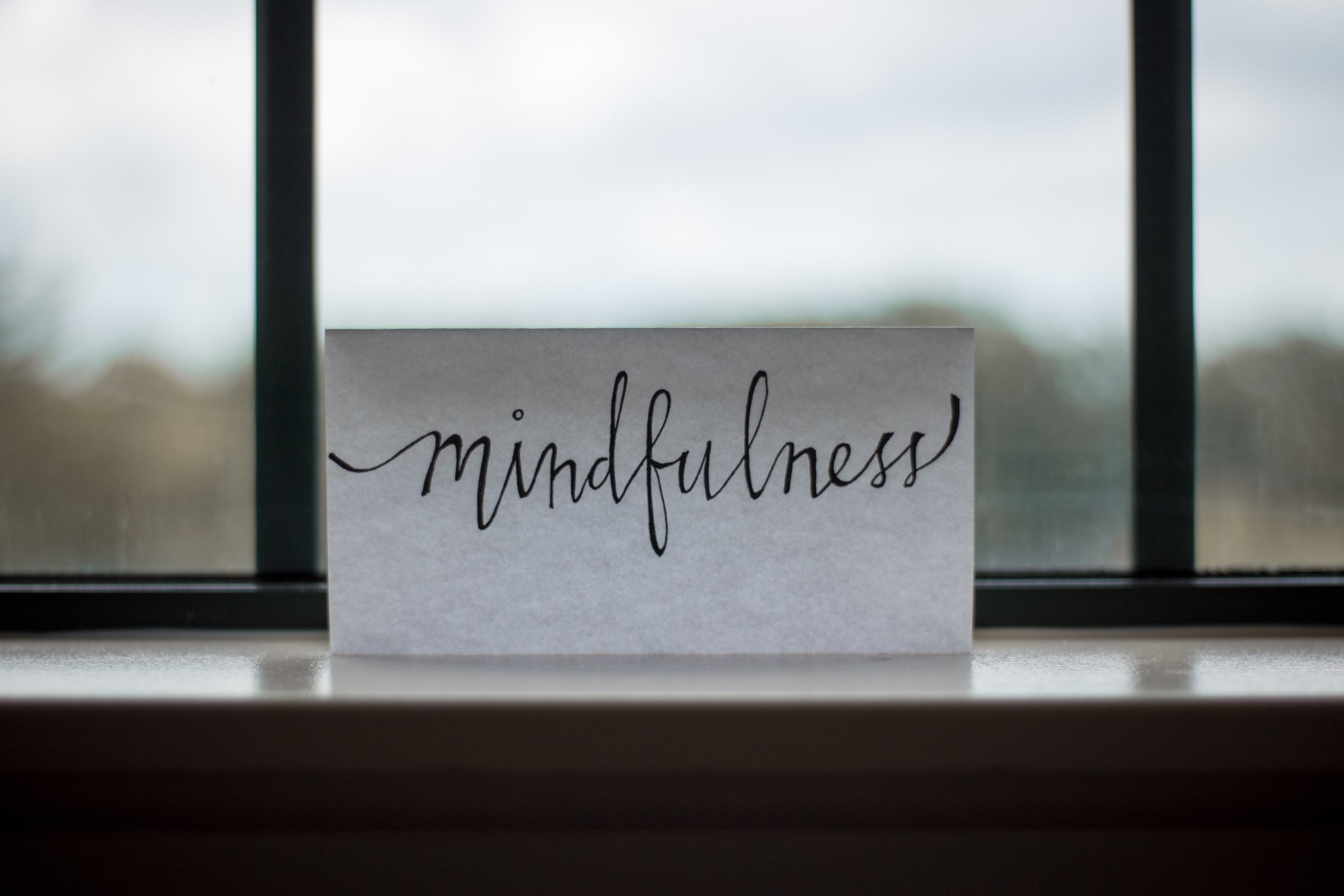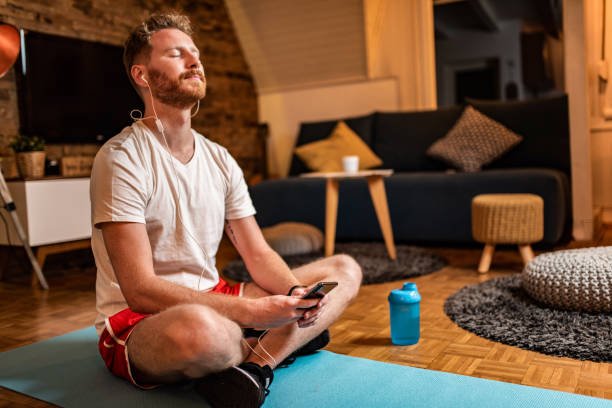January is Mental Health Awareness Month
It seems appropriate that January is Mental Wellness Month. After all, what better way to start the new year (and recover from the non-stop hustle and bustle of the holiday season) than with a reminder to recharge your mental health?
Research continues to show that your mental health significantly impacts your physical health. Individuals with chronic conditions like heart disease, cancer and diabetes are more likely to experience depression or anxiety. The opposite is true as well: Positive mental health (along with other factors) can reduce your risk of heart attack and other serious conditions. Strong mental health also helps boost your immune system, reducing your risk of getting sick.
So, how can you improve your mind-body connection?
View some simple tips here: January is Mental Wellness Month: It's the perfect time to shift your focus from the holidays to your own personal well-being - Well Being Trust
Well Being Trust is a national foundation with a mission to advance the mental, social and spiritual health of the nation
January has been designated as National Mental Wellness Month, so that the public can become aware and recognize the importance of mental health.
Mental illness refers to behavioral, emotional, and psychological disorders ranging from mild to severe. Those who suffer from mild symptoms might not struggle to function socially, personally, or professionally.
Read More here: January is recognized as National Mental Wellness month - The Gatesville Messenger
Every season has its challenges, but wintertime can present some increased obstacles to our health, notably our mental health. When temperatures drop, when the weather gets bad, when sunshine seems scarce for weeks, many of us struggle to feel like ourselves. However, implementing a few habits can help pull ourselves out of those winter blues. Explore these wellness tips for winter so you have a plan on how to promote good health when the weather gets cold. Mental Wellness During WInter | Home and Garden | journal-news.net
“Often taken for granted, our mental health or mental well-being is an aspect of our lives that many neglect. Perhaps the term “mental” is perceived negatively or is associated with someone who has a mental disorder. Or maybe it’s just easier to create and excuse rather than take the time to focus on well-being. Regardless, mental health should be a top priority and vital focal point of our lives.
What if the term is replaced with mental self-care, which can vastly improve your mental and physical health? It can play a consequential part that involves your psychological, emotional, and social well-being. In other words, it correlates to how you think, feel, act, or respond in certain situations., and it can influence how you handle stress, relate to others, and make choices. With that being said, why isn’t there a greater emphasis on mental self-care? I think much of it relates to life’s daily rigors, time commitment, and perhaps education.”
~From AJ Coleman’s chapter titled Spring into Mental Self-Care.
You can read more about how to cope when faced with stress and anxiety along with his five steps developed to help stop panic attacks and regain control in his latest book, Keep Those Feet Moving: A Widower’s 8-Step Guide to Coping with Grief and Thriving Against All Odds here.
“Do you know how many thoughts your mind thinks each hour of the day? Experts estimate that the mind thinks between 60,000 – 80,000 thoughts a day. That’s an average of 2500 – 3,300 thoughts per hour. That’s incredible.” ~Remez Sasson
Sometimes, this endless flow of thoughts is tiring and exhausting, especially when you are anxious or worried.
Sometimes, in order to draw attention away from these thoughts, people drink, take drugs, or engage themselves in hobbies or in various activities, but this isn’t the right solution.
Just think how much energy and time you could have saved if you could reduce the number of your thoughts.
Just think how much better focus you could possess, if thoughts did not bother you.
Think about how much inner peace, calmness and happiness you would have enjoyed, if there was a way to stop all these thoughts, which add nothing to your life.
Let me ask you, do you keep the engine of your car running after arriving at your destination? You certainly switch the engine off. So why not do so with your mind?
You might say that this is an automatic process, which cannot be stopped. Wrong! It is an automatic process, but it can be stopped, or at least slowed down.
Continue Reading more about how to Stop the Mental Noise on his blog, Success Conscious -How Many Thoughts Does Your Mind Think in One Hour, Daily? (successconsciousness.com)
Spotlight on: Remez Sasson
Creator of the Success Conscious Blog and multi-book Author
With an interest in personal growth, the powers of the mind, spiritual growth, and other related topics Remez utilized every opportunity beginning at the young age of fifteen to study books on personal development, positive thinking, psychology, meditation, philosophy and more.
Visit his blog and bookstore to learn more about the power of the mind and additional tips for mental wellness.







